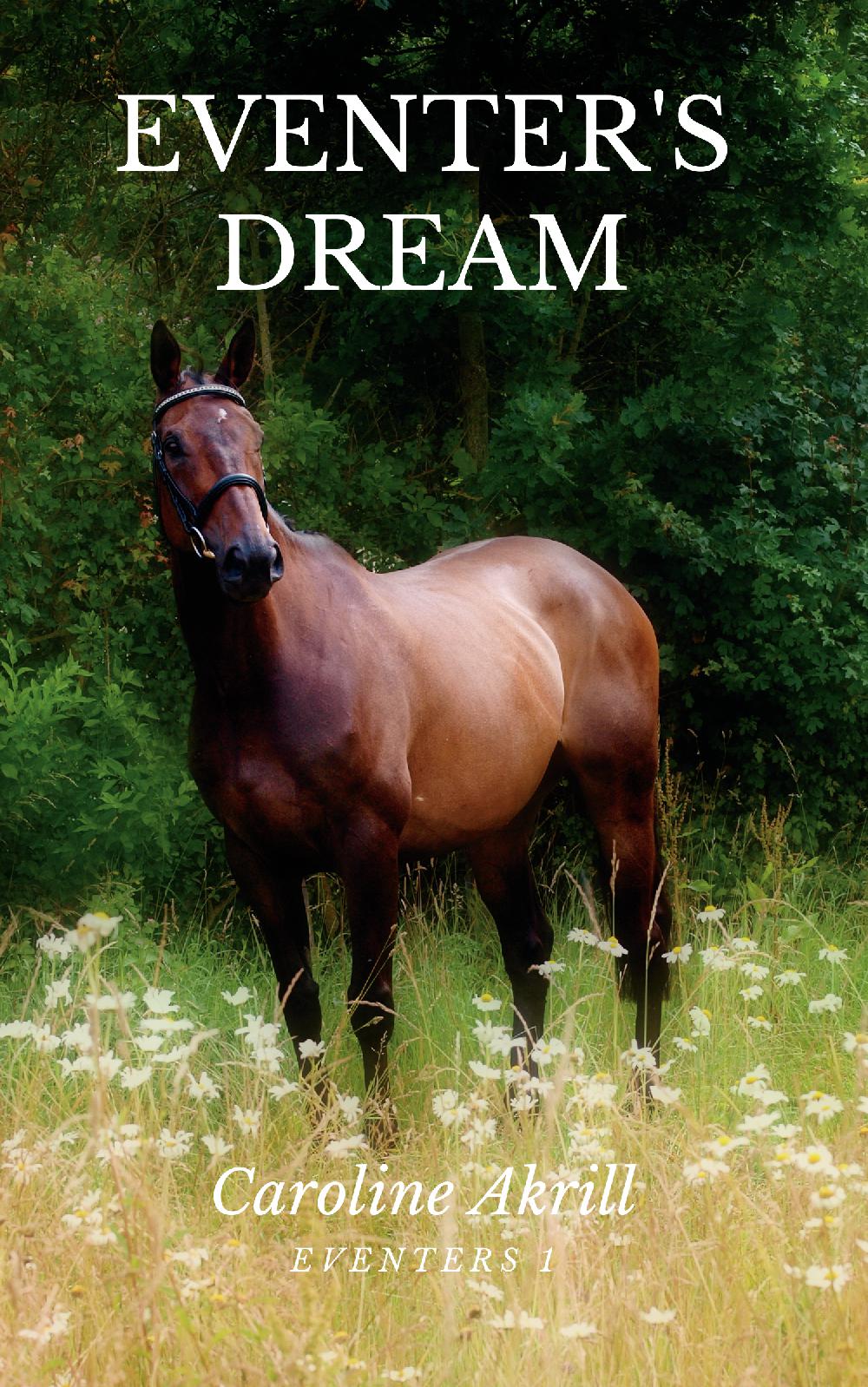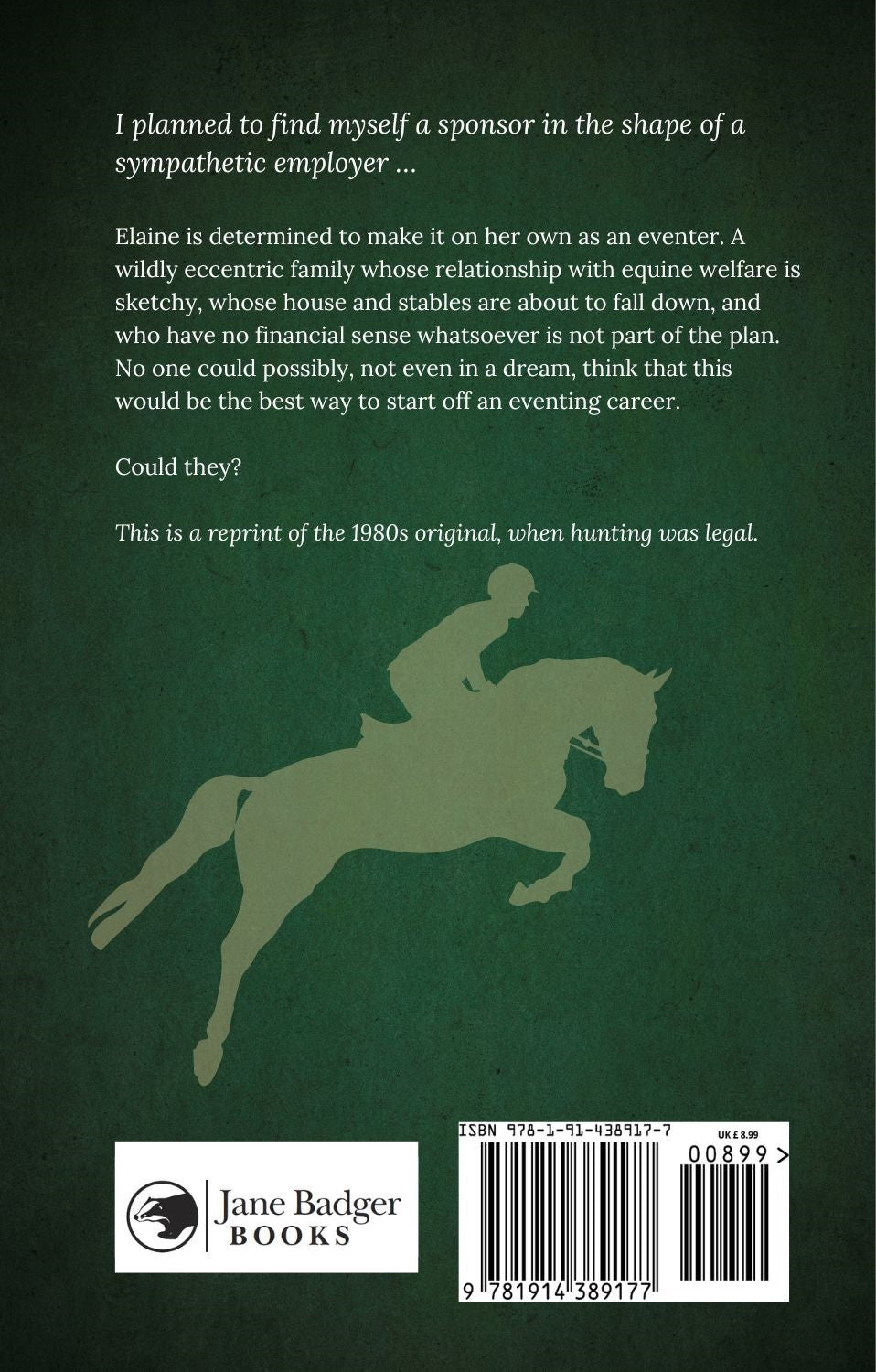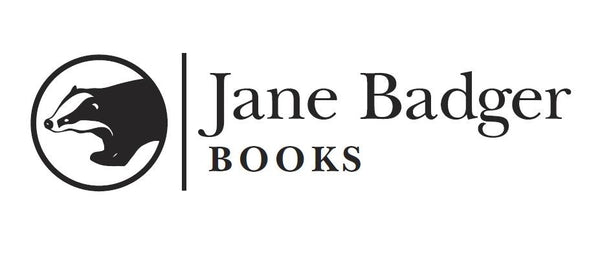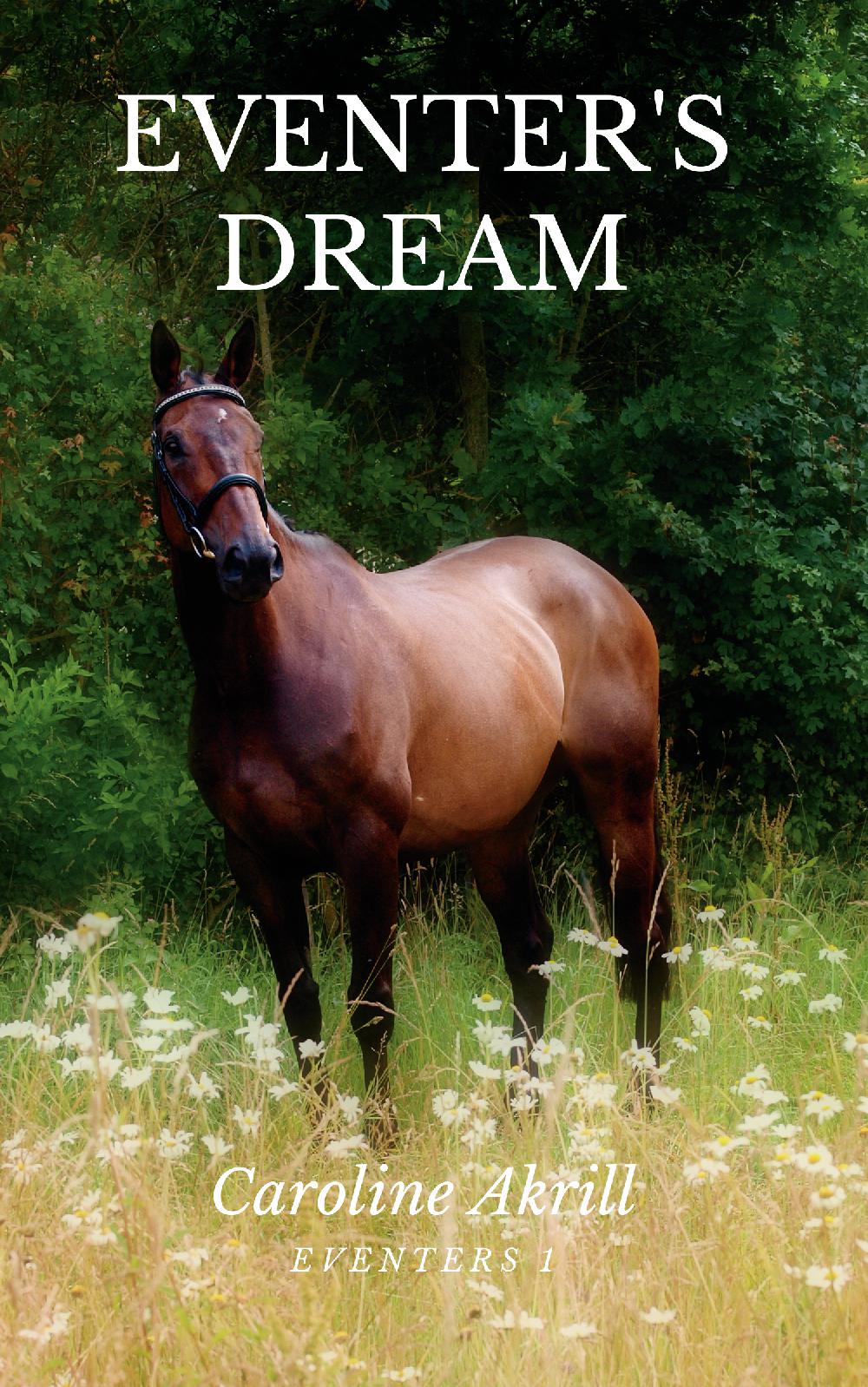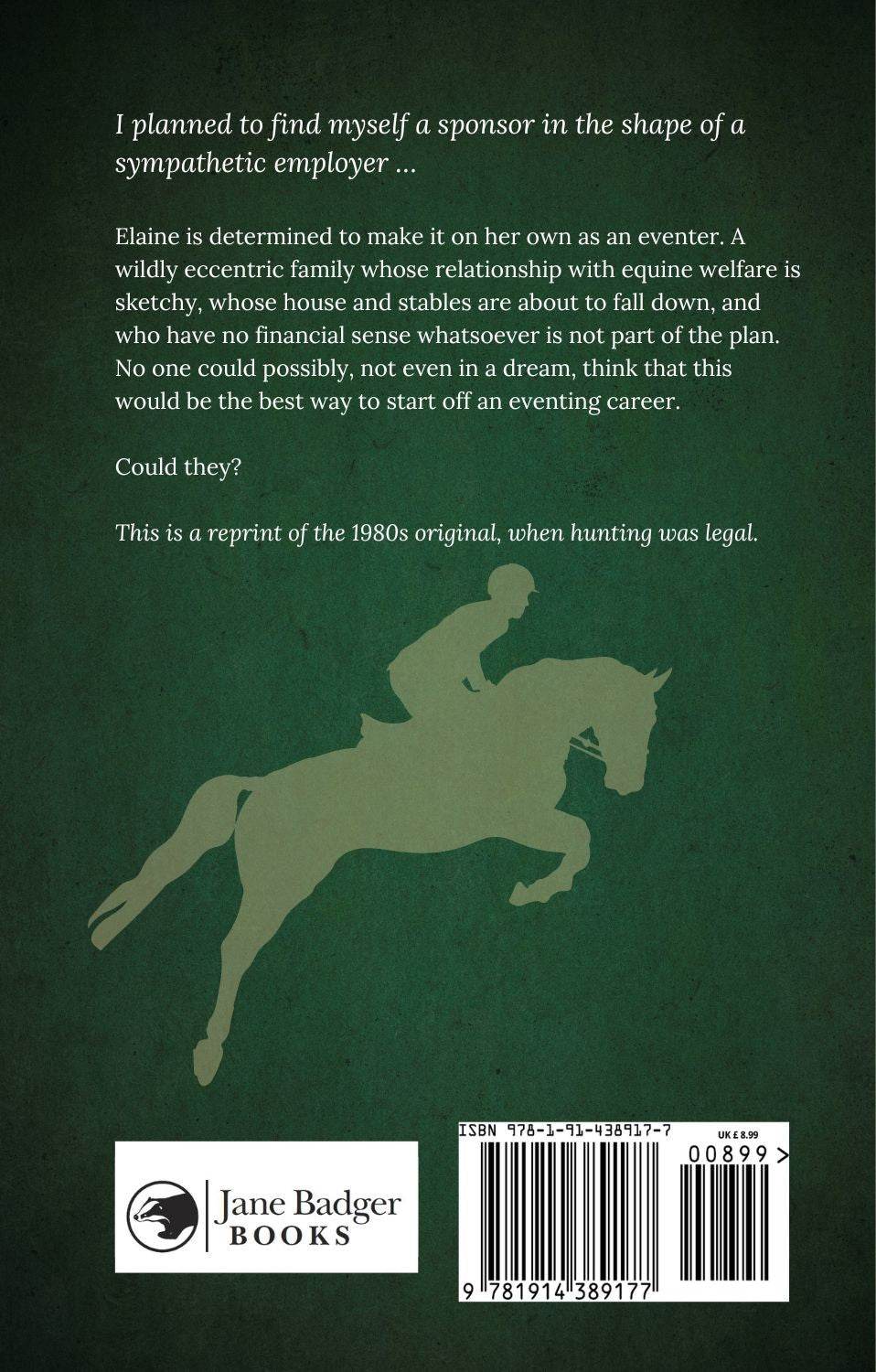Jane Badger Books
Caroline Akrill: Eventer's Dream (paperback)
Caroline Akrill: Eventer's Dream (paperback)
Illustrator: None
Couldn't load pickup availability
Share
I planned to find myself a sponsor in the shape of a sympathetic employer …
Elaine is determined to make it on her own as an eventer. A wildly eccentric family whose relationship with equine welfare is sketchy, whose house and stables are about to fall down, and who have no financial sense whatsoever is not part of the plan. No one could possibly, not even in a dream, think that this would be the best way to start off an eventing career.
Could they??
This is a reprint of the 1980s original, when hunting was legal.
Eventers series 1
Page length: 210
Original publication date: 1981
When will I get my book?
When will I get my book?
Paperbacks are printed specially for you and sent out from our printer. They are on a 72-hour turnaround from order to being sent out. Actual delivery dates will vary depending on the shipping method you choose.
Read a sample
Read a sample
“The thing is,” Nigella said, giving the teapot a vigorous shake, “that if you did decide to come and help us out, we couldn’t pay you much.”
“Hardly anything at all, really,” Henrietta said. “Just pocket money wages. But on the other hand, there would be certain advantages.”
I sat beside the stone-cold Aga in the antiquated kitchen and I thought of the pot-holes in the drive. I remembered the straggling laurel bushes that bordered it, smelling of damp and leaf-mould and fox. The broken park railings. The dead elms. The grim old house with its blind and shuttered windows and the heavy atmosphere of age and neglect and decay.
“Certain advantages for whom?” I enquired. I couldn’t imagine that they could possibly be for me.
“For us, naturally,” Henrietta said. “Because we would have someone to organize the stables. And for you, Elaine, because you would have a job, and somewhere to live, and a stable and keep for your horse.”
“I haven’t got a horse,” I said.
“Oh, but you will have,” Henrietta said confidently. “I mean, if you want to go eventing, you will need a horse to do it on. Unless,” she added in an uncertain tone, “you were thinking of using one of ours?”
“Oh no,” I said. “That wouldn’t do at all.”
In actual fact, it was exactly what I had in mind. The truth of the matter was that I couldn’t possibly afford to buy a horse of my own and I planned to find myself a sponsor in the shape of a sympathetic employer, who would provide me with a mount and a chance to compete. So far though, I had drawn a blank. This was my fifteenth interview and already I was planning my escape.
Henrietta looked relieved. “I’m glad,” she said. “Eventing can be a bit risky and horses are so expensive these days. One just can’t afford to keep breaking legs and things.”
“Quite,” I said.
I wondered why I had accepted the invitation to tea in such unpromising circumstances, when the situation was so clearly hopeless. Any sensible person, confronted with a pair of prospective employers like Nigella and Henrietta in their skin-tight jeans, their out-at-the-elbow anoraks and their cut down wellingtons, all liberally coated with horse hairs and mud, would have fled the place on sight.
Nigella squinted down the spout of the teapot. Her long dark plait was speckled with hay seeds and tied at the end with bailer twine. When she had tried to pour the tea, nothing had come out. She poked a ballpoint pen energetically up and down the spout.
“I don’t suppose eventing is any more risky than any other equestrian activity,” she commented, “provided that horse and rider are properly prepared.”
After a bit of fishing about inside the pot, she managed to flip a sodden brown lump on to the table. She splashed tea into three chipped red beakers. We helped ourselves to milk from a bottle and damp sugar straight out of a packet. “Sorry it’s a bit informal,” Nigella said.
Henrietta looked round the kitchen in a vague sort of way. “There were some biscuits,” she said. I wondered how long ago there had been biscuits. Last week perhaps, or last month. There certainly didn’t seem to be any today.
“Can you cook?” Nigella said suddenly. “I mean, nothing too special, not cordon bleu or anything like that. Just cakes and puddings and pies and things.”
“And biscuits,” Henrietta added. “We like biscuits.”
I swallowed a mouthful of musty tasting tea. I was prepared for this. After all, I was an experienced interviewee by now and I had discovered that people who advertised for help with horses often wanted anything from a gardener to a children’s nanny and merely offered the horses as bait.
“The advertisement didn’t mention cooking,” I said firmly. “It just said, ‘Help wanted in small, friendly, private stable’.”
“Ah,” Henrietta said, looking guilty. “So we did say private. We thought we might have.”
“You mean it isn’t?” I said, surprised.
“Not exactly,” Henrietta said. She stared at the tea bag.
Her wild mane of auburn hair flowed over her shoulders and on to the table. It was full of knots and it looked as if it hadn’t been combed for months.
“We do take the odd livery,” Nigella admitted. “Well, perhaps rather more than the odd one.”
“And we do let out horses for hunting now and then,” Henrietta said. “Well, perhaps more often than not.”
“In that case you are not a private stable at all,” I said. “You are a commercial enterprise. You are running a business.”
“Only in a manner of speaking,” Nigella said. “And not out of choice. We are not motivated by profit. We only do it to live.”
“We wouldn’t dream of doing it if we didn’t have to,” Henrietta said in a defensive tone. She picked up the ballpoint pen and poked at the tea bag. “Having to earn a living is the most frightful bore.”
“But in your advertisement you distinctly said it was a private stable,” I reminded them. “It just isn’t true.” I pulled the page torn from Horse and Hound out of my pocket and spread it on the table. The advertisement was ringed with red crayon. “Small, friendly, private stable …”
“I wish you wouldn’t keep on about it,” Henrietta said. “It isn’t as if it really matters.” She rolled the tea bag over and leaned closer to it, narrowing her eyes.
“We are friendly,” Nigella said.
“You are not private,” I said.
“We are small,” Nigella argued. “That’s two out of three.”
“It’s still misleading,” I said, “and also illegal. You can’t say things that aren’t true in an advertisement. You could be prosecuted under the Trades Descriptions Act. It’s misrepresentation.”
“Heavens,” Nigella said. “How awful. I had no idea.”
“This tea bag,” Henrietta commented, “Isn’t a tea bag at all.”
“What else did we say in the advertisement?” Nigella scanned the page, interested.
“It’s a mouse.”
We transferred our attention to the tea bag. It was definitely a mouse; very small, very saturated, and very dead. Nigella clapped her hand over her mouth and let out a low moan.
“If it’s any consolation,” Henrietta said, “I should think it was practically sterilized by the boiling water.” She lifted the mouse up with the ballpoint pen and plopped it down on the advertisement. Nigella watched, appalled, as she wrapped it into a neat parcel.
“It was a natural mistake,” I said. “It was exactly the same shape and size as a tea bag. It was even the same colour.”
“A blatant case of misrepresentation, I’d say.” Henrietta slipped the parcel into her anorak pocket. “Would you like to see the horses?” she enquired.
Who's in the book?
Who's in the book?
Humans: Elaine, Henrietta and Nigella Fane, Lady Jennifer, Nick Forster, Doreen
Horses: Legend, Nelson, The Comet, The Black Horse Who Never Stood Still, The Bad Tempered Chestnut, The Mare Who Sometimes Slipped a Stifle
Other titles published as:
Other titles published as:
Series order
Series order
1. Eventers' Dream
2. A Hoof in the Door
3. Ticket to Ride
4. Courses for Horses
